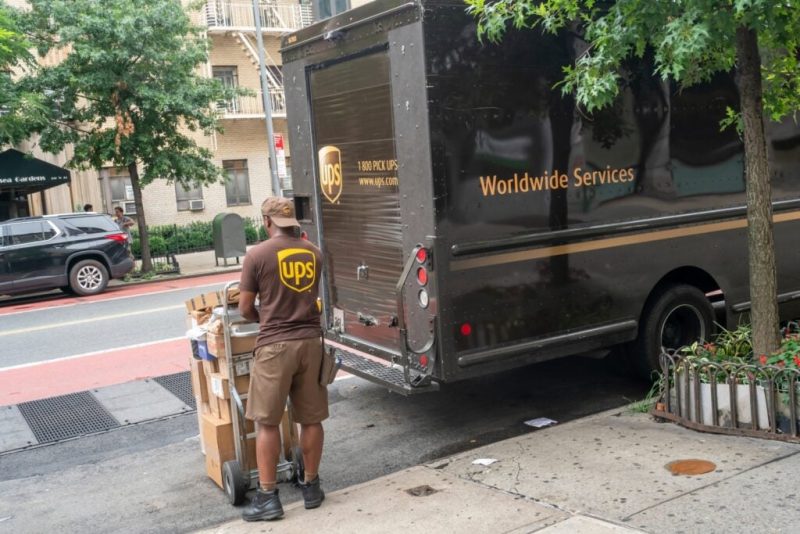
United Parcel Service (UPS) recently announced a significant restructuring, impacting thousands of employees and raising questions about the future of the shipping giant. The company plans to eliminate 20,000 jobs and shutter 73 facilities across its network. This drastic move is largely attributed to a decrease in shipping volume from major clients, particularly Amazon, coupled with the lingering effects of previous trade disputes.
While UPS hasn’t explicitly stated Amazon as the sole cause, the reduction in deliveries from the e-commerce behemoth is a significant factor. Amazon’s diversification of its shipping network, including increased reliance on its own logistics arm, has undeniably impacted UPS’s workload. This shift reflects a broader trend in the e-commerce landscape, where companies are increasingly seeking to control their own supply chains for greater efficiency and cost savings.
The impact of past trade policies, specifically tariffs implemented during previous administrations, also contributed to the downturn. These tariffs increased the cost of goods, impacting consumer spending and subsequently reducing the demand for shipping services. The ripple effect of these economic policies is clearly visible in UPS’s restructuring announcement.
This restructuring is a stark reminder of the dynamic nature of the logistics industry and its susceptibility to shifts in e-commerce trends and global trade policies. The job cuts and facility closures will undoubtedly have a significant impact on affected employees and communities. The long-term implications for UPS and the broader shipping industry remain to be seen, but this event underscores the need for adaptability and strategic planning in a rapidly evolving market.
It will be interesting to observe how UPS navigates this challenging period and what strategies it employs to regain its footing in the competitive shipping landscape. The company’s future success will likely depend on its ability to adapt to changing market demands and forge new partnerships to offset the losses from decreased Amazon volume. This situation highlights the interconnectedness of global commerce and the far-reaching consequences of economic and political decisions.










